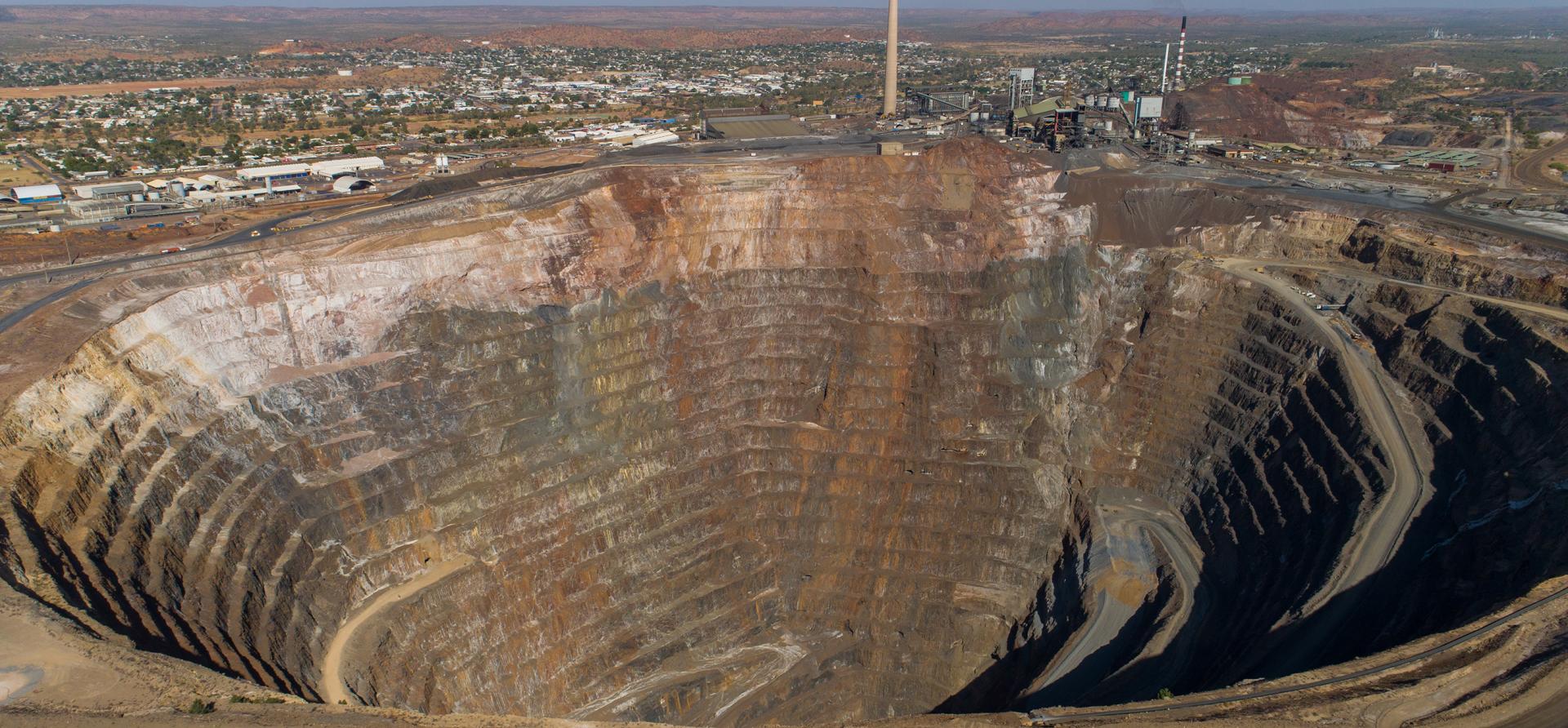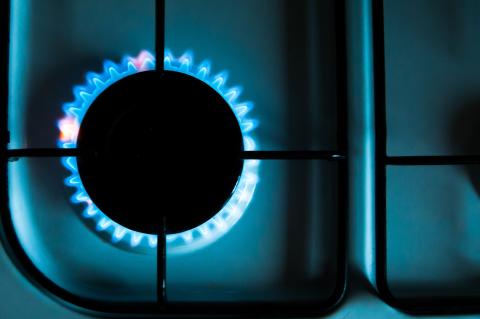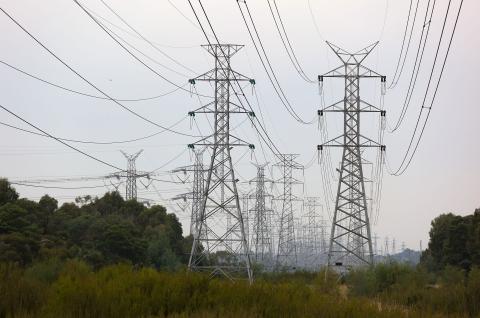Glencore’s coal spin-off plan: Responsible investors are right to be concerned
Download Briefing Note

Key Findings
Although Glencore states it is committed to responsibly reducing its coal production and Scope 3 emissions, it will no longer have control over these factors if it proceeds with plans to spin off its coal business.
Previous divestments of coal assets by diversified miners have put control in the hands of pure-play coal miners that have optimistically bullish outlooks with plans to increase production.
Glencore’s spin-off plan arrives in the context of rising investor concerns about the responsibility of coal divestments and growing pressure on Scope 3 emissions.
Although Glencore likes to highlight the brighter outlook for metallurgical coal, the spin-off would be predominantly a thermal coal miner.
This analysis is for information and educational purposes only and is not intended to be read as investment advice. Please click here to read our full disclaimer.
Plans by Glencore to spin off its coal mining assets into a separate business are justified grounds for concern for responsible investors, according to the Institute for Energy Economics and Financial Analysis (IEEFA).
Glencore has agreed to acquire 77% of Elk Valley Resources (EVR), the Canadian metallurgical coal business of Teck Resources. Following the deal’s completion, Glencore’s intention is to spin off EVR, along with its existing, predominantly thermal coal mining business, into a separate entity. The spin-off will need the approval of Glencore’s shareholders.
However, the plan arrives in the context of rising investor concerns about the responsibility of coal divestments, as well as growing pressure on Scope 3 emissions. Glencore has expressed a commitment to responsibly run down its coal production and reduce its Scope 3 emissions, but if the spin-off plan proceeds, it will no longer have any control over these factors within the divested entity.
A new briefing note by IEEFA examines several recent divestments of coal assets by diversified miners – either via spinning off a pure-play coal miner, or by selling assets to a pure-play coal miner. The divested entities ended up controlled by pure-play coal miners with optimistically bullish expectations for coal, with plans to increase production.
Simon Nicholas, IEEFA’s lead steel analyst and the author of the briefing note, said: “There is growing acceptance among investors that divesting coal assets is not the responsible approach to reducing emissions. Recent cases demonstrate the risk that the new management of the proposed spin-off would abandon Glencore’s plans for the run-down of mine capacity and the responsible reduction of Scope 3 emissions. In fact, the new owners have often instead been focused on increasing production, which would inevitably result in higher emissions.”
Glencore’s proposed divestment comes amid a declining outlook for coal exports. Although Glencore has recently highlighted a brighter outlook for metallurgical coal, the spin-off would be predominantly a thermal coal miner. Various sources show that the thermal coal market has entered permanent decline. Indeed, the long-term outlook for metallurgical coal is also one of decline.
Nicholas adds: “Some Glencore shareholders have expressed concern about the company’s coal spin-off plan. In IEEFA’s view, recent coal divestments to pure-play miners, as well as the pessimistic outlook for coal, show they are right to be concerned.”
















